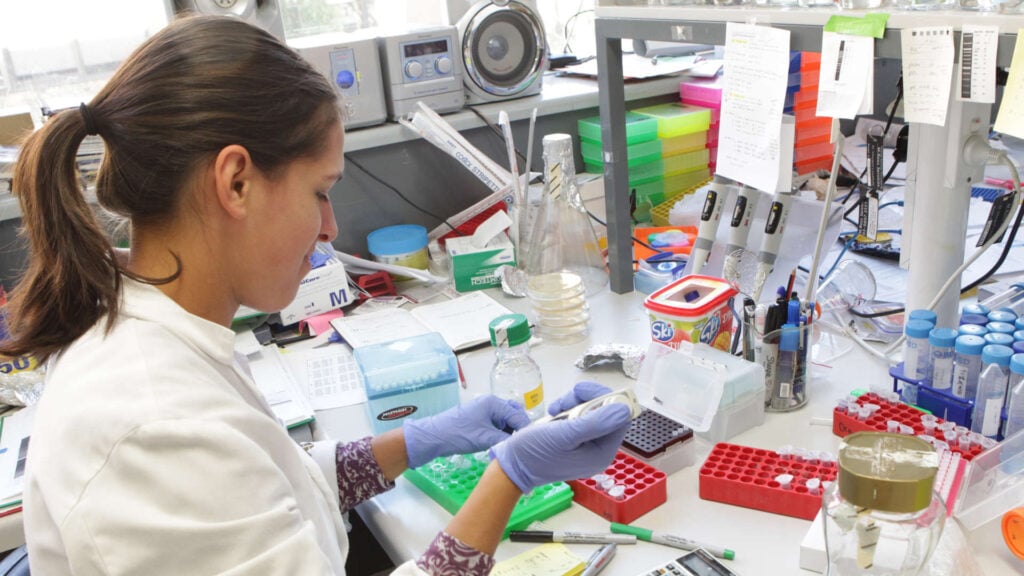One of the world’s largest clinical studies on lung cancer—with significant Greek participation—was recently presented at the American Society of Clinical Oncology (ASCO) Conference and published in the prestigious New England Journal of Medicine.
The study marks a major advancement in the treatment of small-cell lung cancer, a particularly aggressive form of the disease that accounts for 15–20% of new lung cancer diagnoses globally and in Greece.
Multiple Greek medical centres contributed to the research, led by Dr Ioannis Mountzios, Director of the 4th Oncology Clinic and Clinical Trials Unit at Henry Dunant Hospital in Athens. Dr Mountzios served as the study’s principal investigator and lead author.
According to a statement from Henry Dunant Hospital, the findings open new therapeutic pathways. The clinical trial focused on a new class of biotechnology-developed drugs known as “T-cell engagers,” which work by strengthening the immune system. The results showed up to a 40% reduction in the relative risk of death from the disease.
Crucially, the new treatment also demonstrated better tolerance than traditional chemotherapy and significantly reduced the occurrence of burdensome symptoms such as shortness of breath, coughing, and chest pain.
The novel immunotherapy approach has already received breakthrough approval in several countries, including the United States, Canada, Brazil, the UK, Japan, and Australia, with approval in Europe and Greece expected by 2026.
Timed with World Lung Cancer Day (August 1), Henry Dunant Hospital and Dr Mountzios are launching an educational initiative aimed at oncologists and medical professionals to share the study’s groundbreaking results and the future of immunotherapy.
“Greece played a leading role in this significant scientific milestone,” said Dr Mountzios. “Henry Dunant Hospital ranked first globally in patient enrolment—surpassing even world-renowned institutions like Memorial Sloan Kettering Cancer Center in New York and Shanghai University Hospital.”
“Our international recognition clearly demonstrates the capabilities of Greek research centres, which stand on par with the best global institutions in terms of infrastructure, innovation, and access to cutting-edge treatments. This marks a defining moment for Greek oncology.”









